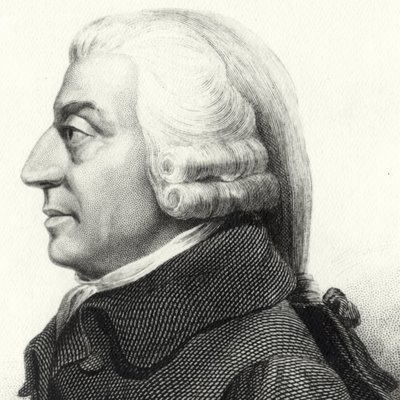Birds of a feather flock together
David Seaton's News Links
My plan for bringing peace to the Middle East is quite simple.
Most observers including most Israelis and an overwhelming majority of American Jews are in favor of the "Two State Solution": this would entail the creation of a sovereign, viable and contiguous Palestinian state whose boundaries would be the the 1967 frontiers with some "adjustments".
The principal obstacle to a Two State Solution are the Jewish "settlers" on the land which would comprise the bulk of the Palestinian state; land which the settlers refer to as "Judea and Samaria" and which they view as an essential piece of "Eretz Yisrael Ha-Shlema" or "greater Israel".
It is said that any attempt to remove them by force from their settlements in order to create a sovereign, viable and contiguous Palestinian state might very well tear Israel apart by causing a mutiny in the Israel Defense Force, 30% of whose officers are said to be religious conservatives who support the settler movement.
Now it appears that many if not most of these settlers are American citizens. This is the key to my plan.
The Seaton Middle East Peace Plan
We take the amount of money the United States of America spends on Israel in direct aid one year, which in 2008, the last year I have figures for, totaled some 2,423.8 billion dollars. The exact quantity is not important at this stage, suffice to say we are talking about a lot of money. The USA has spent an estimated 103,614.67 billion dollars on Israel since 1948, making it the largest recipient of US aid since WWII.
I repeat, we take the amount of money the United States of America spends on Israel in direct aid for one year and we divide it, tax free, among the settlers, every man, woman and child equally. I'm hopeless with numbers so I'm hoping that some of my readers could do the math on this one. But, for sure it would make the settlers rich for life. Since many settlers have a lot of children, some families could become very rich.
Now this huge amount of money comes with strings attached. In order to receive it the settlers must move to Arizona, where public land will be allotted to them for resettlement. There they can establish some sort of "Eretz Yarizona".
From what I am reading in the press about Arizona these days this would be a perfect match and aside from their Brooklyn accents the settlers would surely feel right at home immediately. They could even continue to pack their guns.
Ok, it's a lot of money, but it would be cheap at the price. The settlers are the major obstacle to peace in the Middle East, the lack of which is costing the USA much more.
Neat, huh? DS
Most observers including most Israelis and an overwhelming majority of American Jews are in favor of the "Two State Solution": this would entail the creation of a sovereign, viable and contiguous Palestinian state whose boundaries would be the the 1967 frontiers with some "adjustments".
The principal obstacle to a Two State Solution are the Jewish "settlers" on the land which would comprise the bulk of the Palestinian state; land which the settlers refer to as "Judea and Samaria" and which they view as an essential piece of "Eretz Yisrael Ha-Shlema" or "greater Israel".
It is said that any attempt to remove them by force from their settlements in order to create a sovereign, viable and contiguous Palestinian state might very well tear Israel apart by causing a mutiny in the Israel Defense Force, 30% of whose officers are said to be religious conservatives who support the settler movement.
Now it appears that many if not most of these settlers are American citizens. This is the key to my plan.
The Seaton Middle East Peace Plan
We take the amount of money the United States of America spends on Israel in direct aid one year, which in 2008, the last year I have figures for, totaled some 2,423.8 billion dollars. The exact quantity is not important at this stage, suffice to say we are talking about a lot of money. The USA has spent an estimated 103,614.67 billion dollars on Israel since 1948, making it the largest recipient of US aid since WWII.
I repeat, we take the amount of money the United States of America spends on Israel in direct aid for one year and we divide it, tax free, among the settlers, every man, woman and child equally. I'm hopeless with numbers so I'm hoping that some of my readers could do the math on this one. But, for sure it would make the settlers rich for life. Since many settlers have a lot of children, some families could become very rich.
Now this huge amount of money comes with strings attached. In order to receive it the settlers must move to Arizona, where public land will be allotted to them for resettlement. There they can establish some sort of "Eretz Yarizona".
From what I am reading in the press about Arizona these days this would be a perfect match and aside from their Brooklyn accents the settlers would surely feel right at home immediately. They could even continue to pack their guns.
Ok, it's a lot of money, but it would be cheap at the price. The settlers are the major obstacle to peace in the Middle East, the lack of which is costing the USA much more.
Neat, huh? DS





